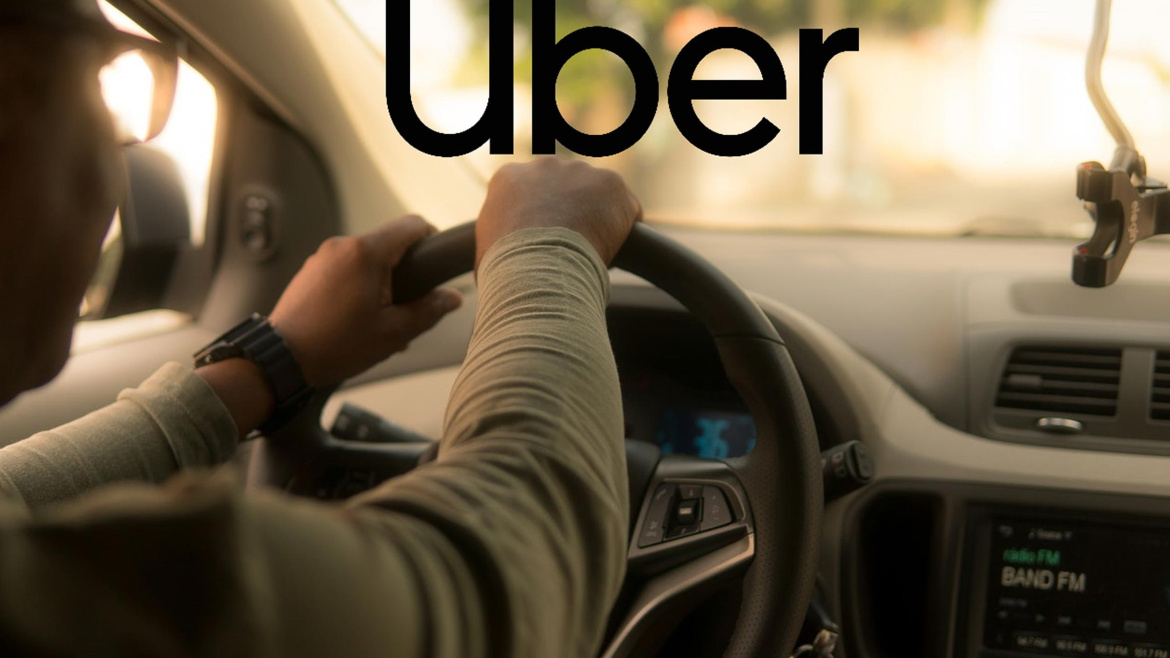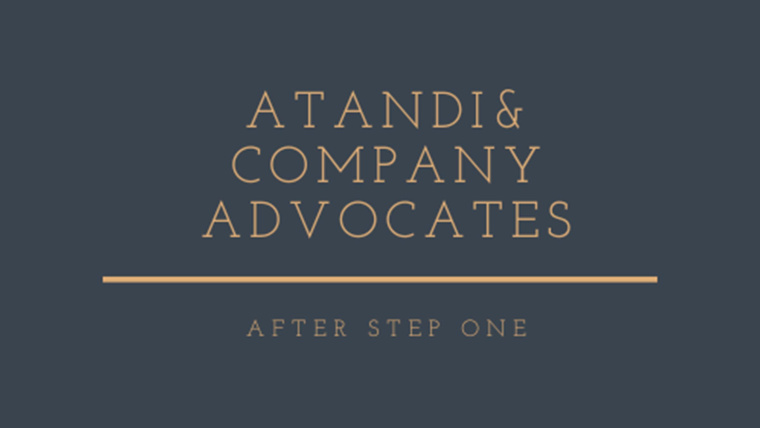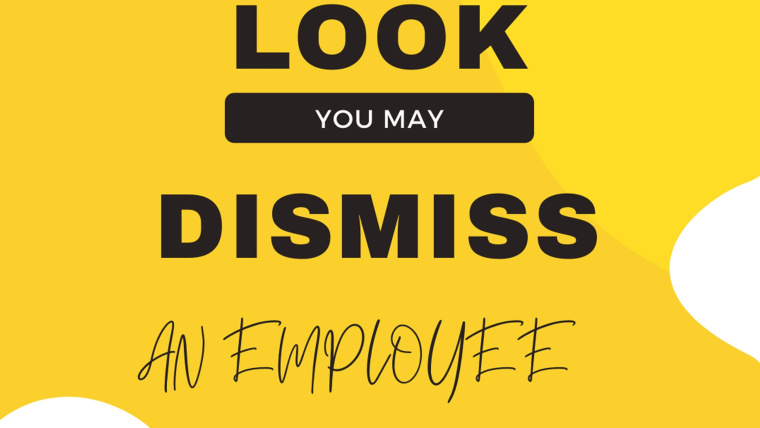In the recent past, the arrival of Uber brought revolutionary advancement in the taxi industry, globally. However, with it came periodic labor struggles epitomized by driver’s strikes who would protest against the poor pay and inhumane working conditions.
This is now conveniently highlighted by a 2016 suit in the UK. Therein, Uber BV & Other vs. Aslam & others, some 25 drivers made claims against Uber that they were workers. The basis of their claims was that even in the most basic definition under labor laws they were employees of Uber. Such that on one side, the drivers submitted that they are, essentially, working for Uber as employees regardless of the terms of the agreement with Uber. Therefore, Uber then had to conform with the employment laws to afford the drivers all associated rights under employment law. These include the right to a minimum wage, paid holidays, leave days and protection under the statutory provisions such as protection against arbitrary firing et al. On the other side, Uber argued that the drivers were independent workers and consequently they were not entitled to such rights. In their argument, Uber opined that the “Uber App” is a means formulated to facilitate the drivers in their work. Such that it acted as a link, agent-of some sort to provide a platform for the drivers to carry out their independent work. This argument failed even in the court of first incidence. Uber appeared to be on the losing side throughout the proceedings even as the matter escalated from the employment tribunal to the supreme court. On 19th February 2021, the UK Supreme court unanimously upheld the UK Employment Appeal Tribunal decision, that the drivers were indeed employees of Uber.
In the court’s decision, it deployed a test to establish what constitutes an employee. This was upheld by the UK Supreme Court observed that; the degree of control such as to determine what would be the pay, the scale of autonomy as to determine the terms of the agreement for work, the determinant control of the interaction between the driver and the clients themselves. In all Uber was found to be wielding the power to determine the affairs of the transactions predominantly. In a way, Uber was found to have the upper hand in all aspects of the engagement between the drivers, the clients and themselves. Even so, upon further observation of the supreme court’s judgement, the court mainly contended that the terms contained in an agreement cannot be the starting point to conclusively determine the nature of the relationship between agreeing parties. Instead, one must establish the nature of the relations from examining the terms and conditions visa vie the actual relationship of the parties therein. This should be what informs the material status of the parties in the contract. This being so, Uber’s fundamental structures were found to only settle corporate control and destabilizes individuals’ autonomy and choice.
With this backdrop, one can legitimately expect that in due course, the ripples of the said judgment(s) shall set certain events in motion even within Kenya. It being in the common wealth, the opinions of the UK courts have long permeated to common wealth jurisdiction by default. In Kenya specifically, the practice has been that the question of what constitutes an employer is answered by statutes as interpreted by the employment courts.
It must be expected that outcome of the judgement shall reshape and restructure the way taxi industry business is conducted globally. Kenya is no exception. The legal and business terrain shall change significantly. Statutory remittance for example will see the profit margins reduce, while the requirements for working arrangement change to carter for the statutory burdens. Because of such compliance factors, the operation costs shall increase, as the organizational structures and general operations change to accommodate the resulting shifts. Ideally, all taxi operators that utilize the Uber-like business model must restructure accordingly to beat the curve.
This is Article is intended for informational purposes merely. In case of any queries or need for clarifications, please contact us on info@atandiadvocates.africa



